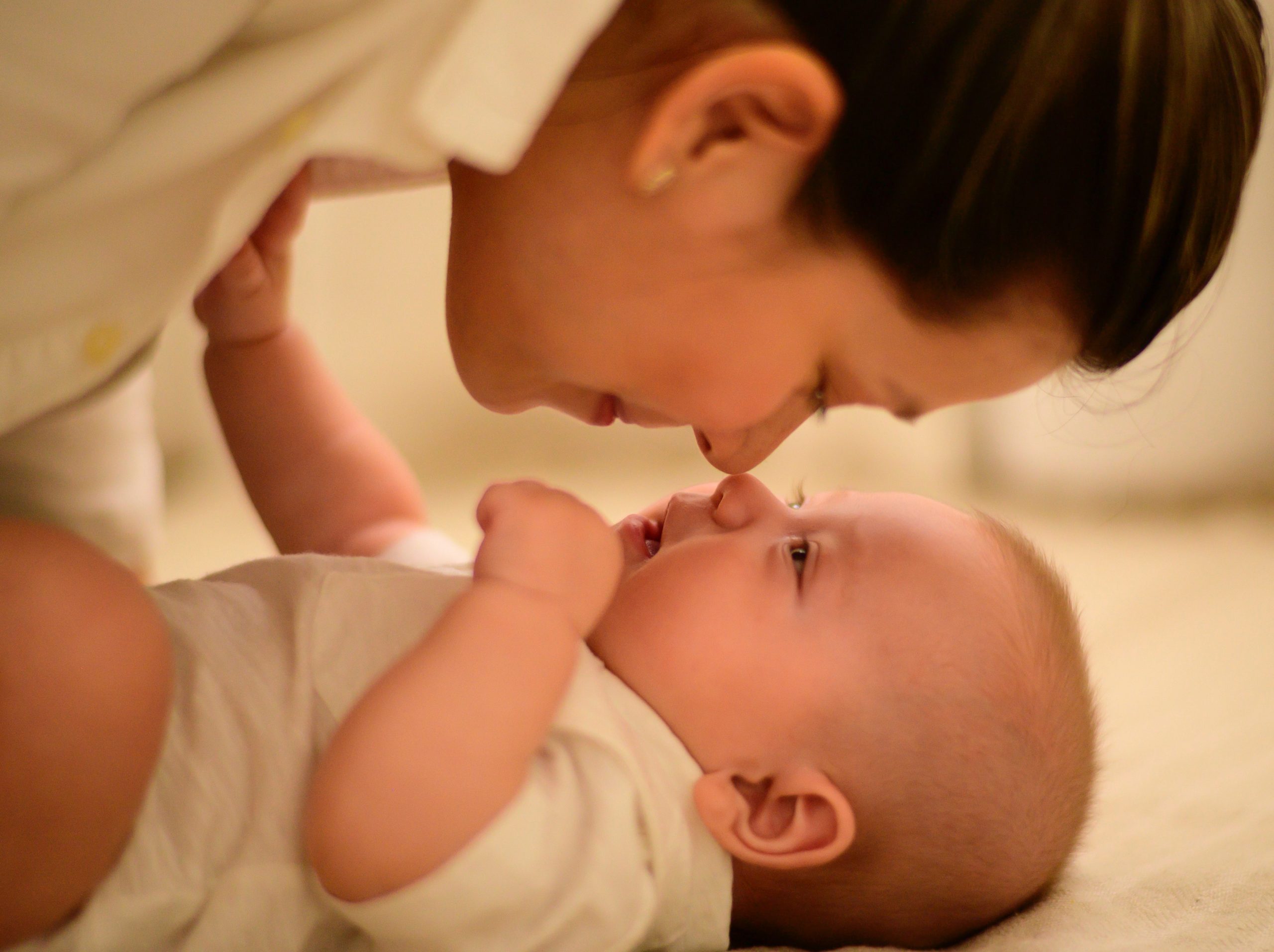Breastfeeding inalienable Fundamental right of Lactating Mother: Karnataka High Court

The Karnataka High Court has held that breastfeeding is an inalienable right of lactating mother, protected under the Fundamental Rights guaranteed in the constitution.
A psychiatrist allegedly had stolen the newborn and given it away to another couple. The bench has directed the authorities to hand over the baby from the couple to the biological mother.
The observation was made by Justice Krishna S Dixit of Karnataka High Court in which one woman had approached the court seeking the return of her child who was taken away from the maternity home soon after birth from her foster mother. The Karnataka high court has said that “breastfeeding needs to be recognized as an inalienable right of a lactating mother” and is protected under the fundamental rights in the Constitution of India.
In its order, the High Court said: “In the light of domestic law and the international law as briefly discussed above, breastfeeding needs to be recognized as an inalienable right of lactating mother; similarly, the right of the suckling infant for being breastfed too, has to be assimilated with mother’s right; arguably, it is a case of concurrent rights; this important attribute of motherhood, is protected under the umbrella of Fundamental Rights guaranteed under Article 21 of the Constitution of India; it is unfortunate that this pretty child for no fault remained un-breastfed, its lactating mother having had no access to it till now; in a civilized society such things should never happen.”

Article 25 (2) of the Universal Declaration of Human Rights provides:
“Motherhood and childhood are entitled to special care and assistance…”. Article 24(1) of the International Covenant on Civil and Political Rights (ICCPR, 1966) recognizes right of the child to the measures of protection as are required by its status as a minor and the correlative duty resting on the shoulders of its family, society and the State.
In October 1979 a Joint WHO/UNICEF Meeting on Infant & Young Child Feeding adopted the following statement:
“Breastfeeding is an integral part of the reproductive process, the natural and ideal way of feeding the infant and unique biological and emotional basis for child development. … It is therefore a responsibility of society to promote breastfeeding and to protect pregnant and lactating mothers to many influences that would disrupt it”.
Section 3(ix) of the Juvenile Justice (Care and Protection of Children) Act 2015 which enacts inter alia the above principle of paramount interest of the child reads as under:
“All decisions regarding the child shall be based on the primary consideration, that they are in the best interest of the child and to help the child to develop full potential.”
Section 2(9) of the said Act defines the term ‘the best interest of the child’ to mean – “…The basis for any decision taken regarding the child, to ensure fulfillment of his basic rights and needs, identity, social well-being and physical, emotional and intellectual development.”
The modern Medical Science says that breastfeeding is the best way to give babies all the necessary nutrients & antibodies, which provide a vital shield of protection; the experts in the field of neo-natal science are of a considered opinion that the interaction between the lactating mother and the suckling infant involves a world of messages, which is essential for the intellectual & emotional development of the child;
WHO recommends exclusive breastfeeding until the baby. attains the age of at least six months; the research also shows that the adolescents & adults who were breastfed have less chance to be overweight & obese and that they demonstrate better IQ test results; breastfeeding lowers the risk of breast & ovarian cancers, diabetes & post partum depression, according to Yukie Mokuo of the UNICEF

The bench observed that it is unfortunate that newborn babies remained without being breastfed, “in a civilized society such things should not occur. It is to be recognized that breastfeeding is the inseparable right of a mother“, the bench said.
The court added that between the claim of the foster mother and the biological parent, the latter should have priority over the child. The court said that the contention by the foster mother that she does not have any children while the biological parent has two at home to continue living with the former is “ludicrous”. The court said that “children are not chattel for being apportioned between their genetic mother and a stranger, on the basis of their numerical abundance; the principle of distributive justice which intends to bridge the gap between “haves and have nots” is not invocable, at least in this case.” The court added that a genetic mother “treats all her children as being an integral part of her body and soul, regardless of what the children do to her; this contention of foster mother is abhorrent to the very notion of motherhood.”
However, the court also said that such cases are uncommon so as to enable any given judge to “profit merely by experience and thereby enable him to lay down thumb rules, especially when the elements involved are so complex”. It, however, added that the broad norm, in matters of child custody, should be that the claim of strangers yield to that of the genetic parents.
The court also set aside the comparison of the “Devaki Mata (the mother of Lord Krishna) and Yashoda Mata (Lord Krishna’s foster mother). “Children are not chattel. The distributive justice intends to bridge the gap does not apply in this case,” the court underlined as it made it clear that the right to breastfeed one’s child can neither be taken away from or given away by the possessor.
Photo by Ana Tablas on Unsplash






